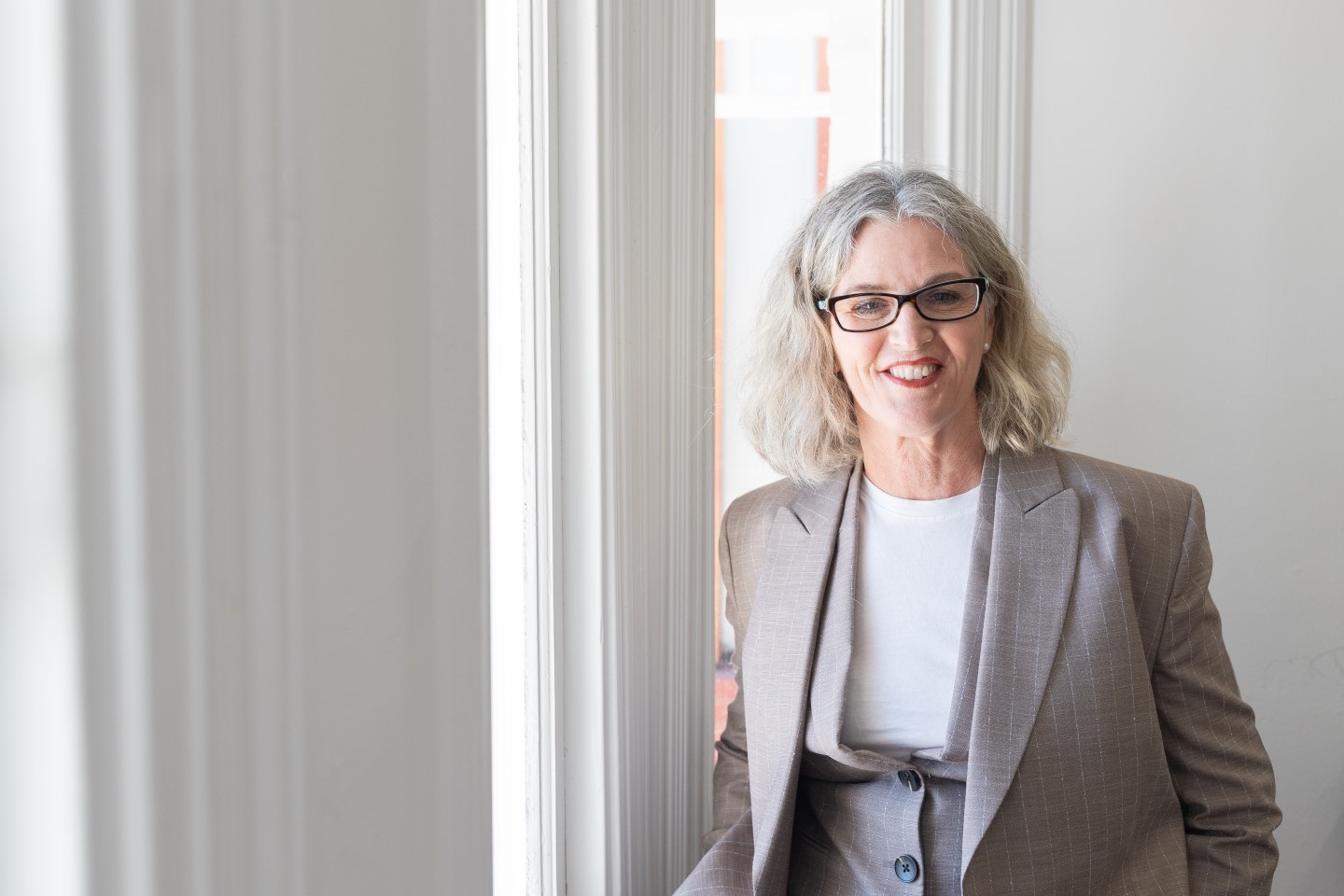

Organisations in the community services sector established the #YourHelpWA campaign to secure 20 per cent more funding to cover increasing staffing costs.
Felicite Black is among many Western Australian community services sector leaders facing the prospect of cutting programs in the face of growing staffing costs and stagnant funding.
As chief executive of Women’s Health and Family Services, Ms Black and her team are part of the #YourHelpWA campaign, which launched in December 2019 to lobby the government for 20 per cent more funding for state government contracts.
The catalyst for the campaign was the cumulative effects of the Equal Remuneration Order enacted by Fair Work Australia in 2012, which meant organisations paying employees under the Social and Community Services Award had to lift wages incrementally until 2020.
Ms Black said while the ERO wasn’t a problem for the first few years, increasing wages over time and a lack of additional funding to cover costs had put many organisations under pressure.
“When I came into the role a year ago as CEO, because I’d worked in other community services organisations that were struggling with this, it was one of the first things I looked at,” Ms Black told Business News.
“I found our percentage of staff costs to revenue over the past seven years had gone from 63 per cent to 83 per cent.”
After stripping away extras to deal with rising staffing costs, Ms Black said there wasn’t much the organisation could do to reduce expenditure.
“We have done our budget forecast for next year, so we would already be starting with a significant deficit based on our staff costs and the revenue that we can expect from our contracts,” she said.
“We can’t really strip out any more of the things that we haven’t already done.
“The hard news is, it’s service levels [that will go].”
The chief executive of another long-standing service provider (who preferred not to be named for this story) said their organisation had been significantly affected by the ERO.
“At the moment we are covering them [the costs] through a reduction in service levels, through accessing our own reserves on our balance sheet, by restructuring, [and] by really looking at productivity in the organisation in different areas,” they told Business News.
In December 2019, the state government offered $60 million over four years in extra funding in response to the #YourHelpWA campaign.
Community Employers WA chief executive John Bouffler said this was inadequate and the sector was waiting to hear if more funding was available.
“What we are also doing in the interim is a contract audit with the Department of Finance to quantify contracts that do need supplementary funding,” he said.
“That process is under way and we have identified over 400 contracts that will be eligible for additional funding.
“The government at this stage is unable to tell us the value of those contracts, so we are still working through that, but our concern is the funding isn’t going to be sufficient.”
A spokesperson from the Department of Finance said a range of matters was discussed directly related to supporting the sector, including the effects of the ERO, as part of regular engagement between the government and peak community services organisations.
“Any providers who have sustainability concerns are strongly encouraged to raise these issues directly with their contracting agency,” the spokesperson said.
The state government has also reversed a previous decision to change indexing for the sector under the Non-Government Human Service Sector indexation policy, giving the sector an extra $30 million over four years.
However, Ms Black said after seven years of cumulative wage increases, the change to the indexation method wasn’t enough to fix the problem.
Community service provider Nulsen Group chief executive and member of the #YourHelpWA campaign steering group, Gordon Trewern, said the campaign wasn’t just about the ERO but broader policy and adequate funding.
“[As a society] we do have to make sure we have got good policy around our most vulnerable citizens and Nulsen is just one of about 90 organisations that have come together and said, ‘Look, we are not seeing the wealth of the state flow through to those most in need’,” Mr Trewern told Business News.
Mr Trewern said he had never seen the broader human services industry come together and form a campaign like #YourHelpWA at any time during his 35-year career in the sector.
“When you’ve got a broad cross-section of the human services sector, large and small providers, that have come together and said, ‘We can’t do this anymore, enough is enough’, that’s serious,” he said.












